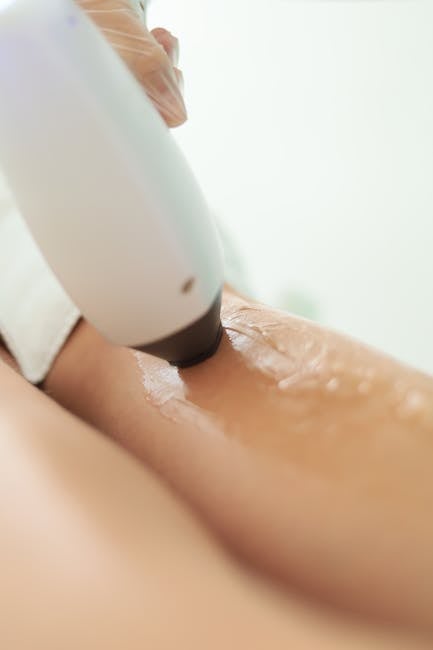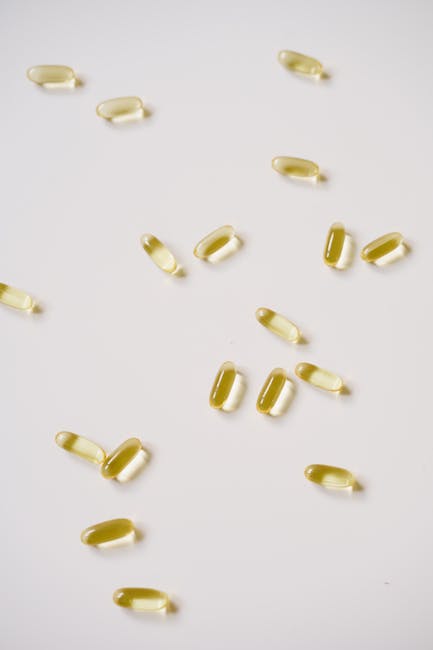Understanding and Preventing Lead Exposure During Pregnancy
By Rogelio Perez D’Gregorio, MD, MS, MotherToBaby UR Medicine
Did you know that New York is the only state that mandates an assessment of lead exposure risk for every pregnant woman during her first prenatal visit? This oversight is astounding, especially considering the severe consequences of lead exposure for both pregnant women and developing children. October is a fitting time to discuss this critical issue as it coincides with National Lead Poisoning Prevention Week. This awareness campaign underscores the necessity of preventing lead exposure due to its serious implications.
What is Lead?
Lead is a heavy metal found in various environments such as dust, air, soil, water, and even within our homes. Historically, it was used extensively in products like paint and gasoline. Although lead was removed from household paints in 1978, it still lingers in older homes, especially when old paint peels or chips, posing a common source of exposure.
What is Lead Poisoning?
Lead poisoning can manifest with various symptoms, often subtle enough to be overlooked. These symptoms include abdominal pain, constipation, diarrhea, aggressiveness, anxiety, hyperactivity, shortened attention span, muscle pain, weakness, weight loss, learning disabilities, convulsions, and even death in severe cases. Anemia is another possible consequence.
The Impact on Pregnant Women and Children
Lead exposure is particularly harmful to developing babies and young children. During pregnancy, lead can cross the placenta, affecting the unborn child. Young children, who often put objects in their mouths, are at heightened risk. Low doses of lead can cause long-term damage, affecting infants and young children both outside and within the womb.
Prevention Measures
To mitigate lead exposure, awareness and proactive measures are crucial. Although nationwide testing is lacking, spreading information can help prevent lead exposure in children. Remember, lead poisoning is entirely preventable, and raising awareness is key.
Spread the word, and remember, lead poisoning is entirely preventable! #kNOwLEAD this month and every month!
Contributors:
- Stanley Schaffer, MD, Director of the Western New York Lead Resource Center and Associate Professor of Pediatrics at the University of Rochester.
- Richard K. Miller, PhD, Director of MotherToBaby UR Medicine and Co-Director of the Finger Lakes Children’s Environmental Health Center. He is also a Professor of Obstetrics/Gynecology, Environmental Medicine, and Pathology and Clinical Laboratory Medicine at the University of Rochester.
About MotherToBaby
MotherToBaby is a service offered by the Organization of Teratology Information Specialists (OTIS) and is recommended by numerous agencies including the CDC. If you have questions about exposures during pregnancy and breastfeeding, reach out to MotherToBaby at 866-626-6847 or via their text service at (855) 999-3525. Visit MotherToBaby.org for more resources, including fact sheets about various exposures during pregnancy and breastfeeding. You can also download the MotherToBaby app, available on Android and iOS.





